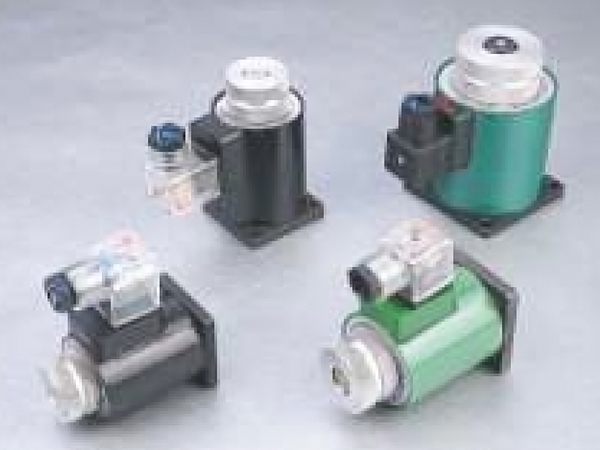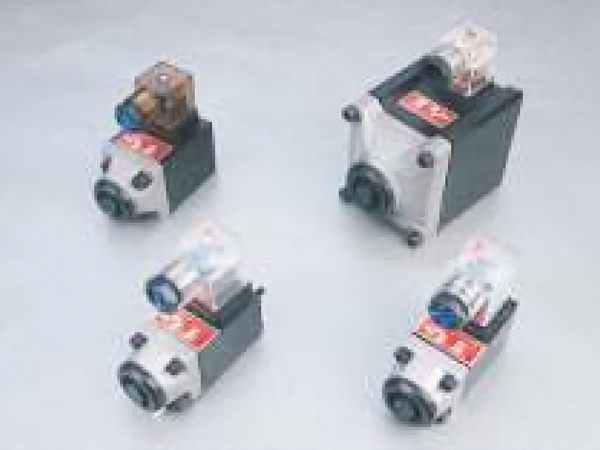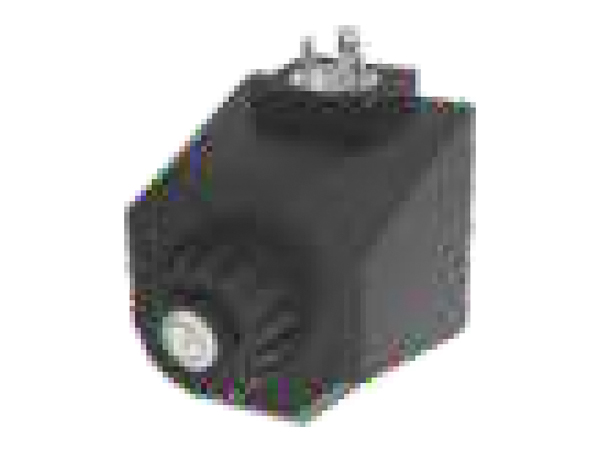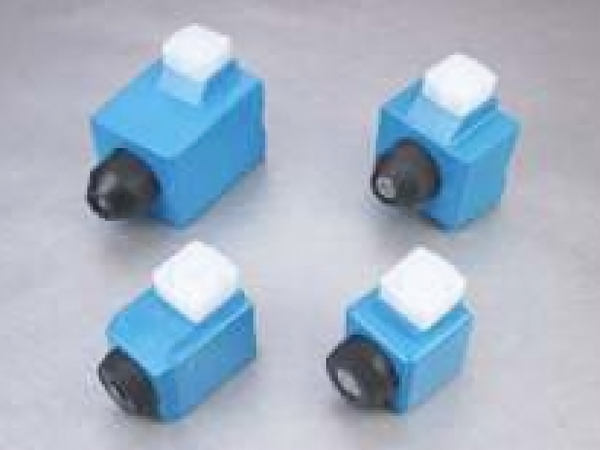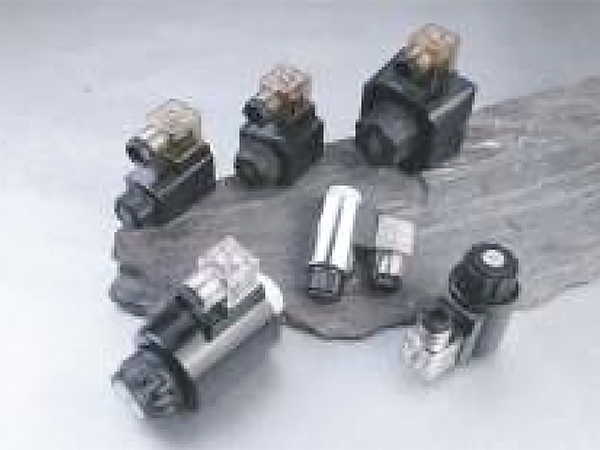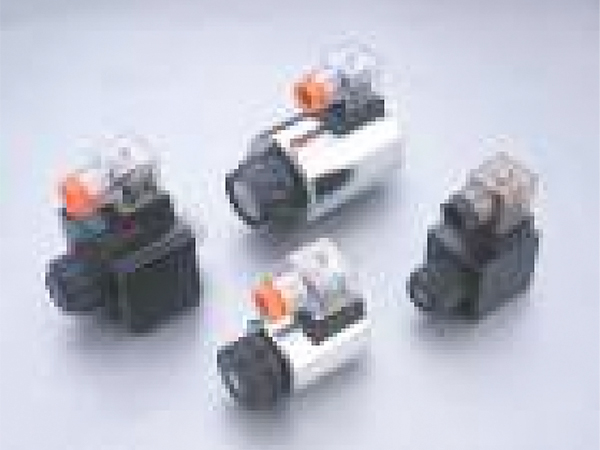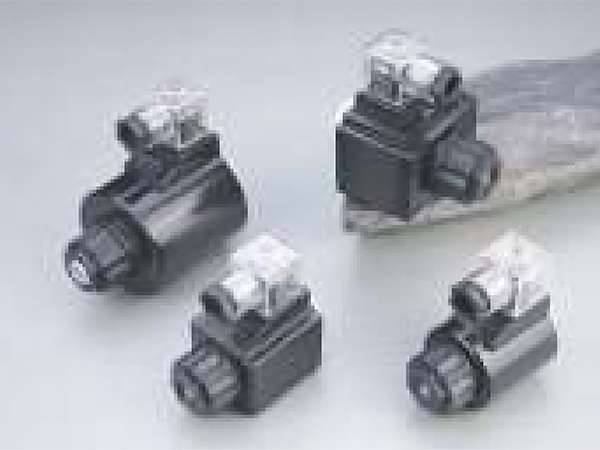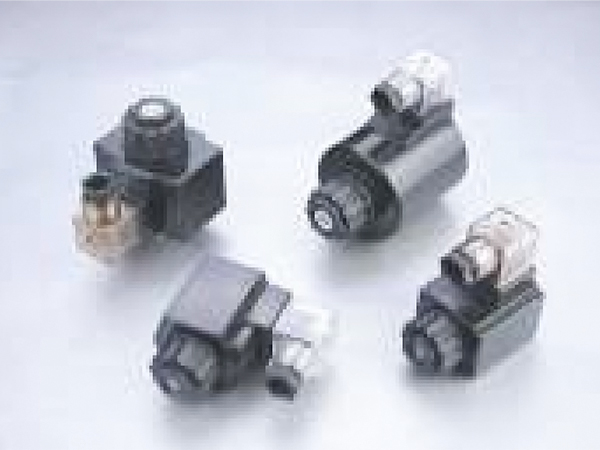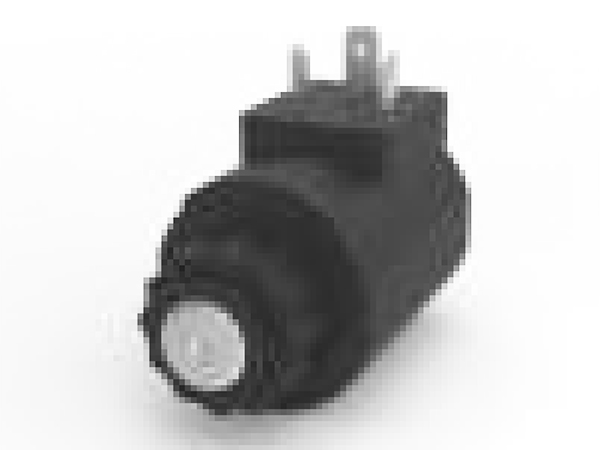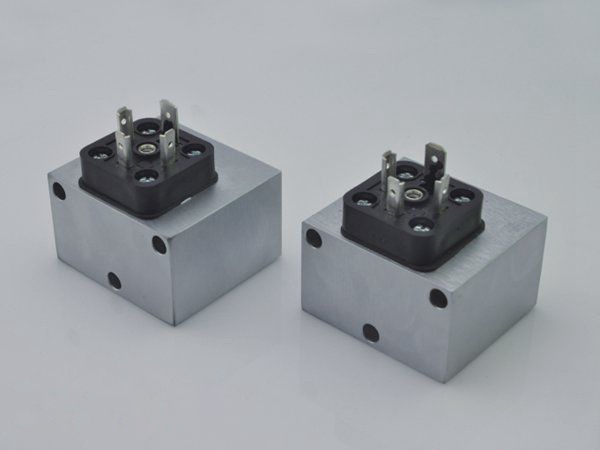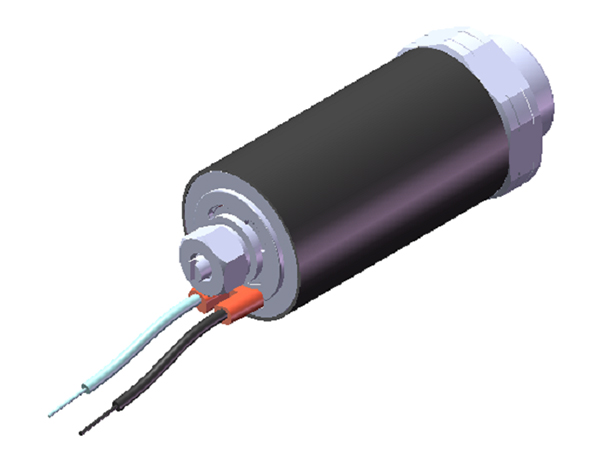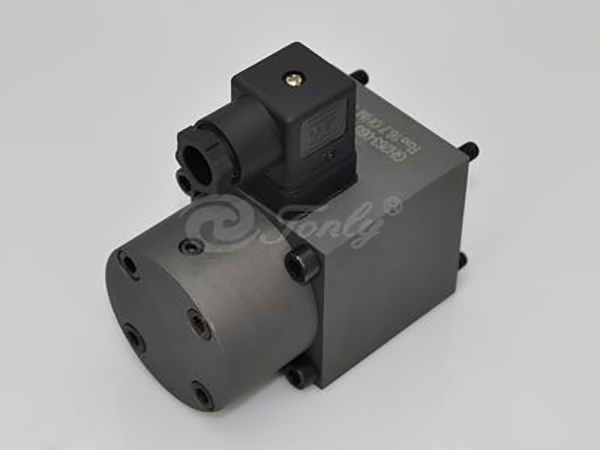How do temperature variations affect the performance and reliability of coils in solenoid valves?
Temperature variations can significantly impact the performance and reliability of coils in solenoid valves. Here are several key ways temperature changes can affect these components:
Resistance Changes: Electrical resistance in coil wires increases with temperature due to the inherent properties of metals. As the temperature of the coil rises, the atoms in the metal vibrate more vigorously, impeding the flow of electrons and thereby increasing resistance. This phenomenon is quantified by the temperature coefficient of resistance. As resistance increases, it requires more voltage to maintain the same current flow, which can stress the power supply and potentially reduce the current through the coil. Reduced current flow weakens the electromagnetic field generated by the coil, thereby compromising the solenoid’s ability to actuate the valve efficiently. Over time, repeated exposure to high temperatures can permanently alter the coil’s resistance characteristics, bring about diminished performance.
Magnetic Field Strength: The strength of the magnetic field generated by a solenoid coil is influenced by temperature variations. At higher temperatures, the magnetic permeability of the core material, which is critical for effective magnetic field generation, can decrease. This reduced permeability means that the coil needs to work harder to produce the same magnetic flux, potentially bring about underperformance. High temperatures can cause changes in the alignment of magnetic domains within the core material, further weakening the magnetic field. Conversely, at very low temperatures, some materials might become more brittle, bring about potential structural failures. Ensuring that the coil and core materials are suitable for the operating temperature range is essential to maintain consistent magnetic performance.
Insulation Degradation: The insulation materials used in solenoid coils are designed to withstand specific temperature ranges. When these materials are exposed to temperatures beyond their rated limits, they can degrade rapidly. This degradation can manifest as cracking, melting, or chemical breakdown of the insulation material, which compromises its ability to prevent electrical short circuits. Over time, even minor insulation damage can escalate into significant failures, bring about arcing or electrical shorts, which can damage the coil and connected components. Using high-temperature-rated insulation materials and regularly inspecting coils for signs of insulation wear can mitigate these risks and prolong coil life.
Material Expansion: Thermal expansion and contraction can induce significant mechanical stress in coil materials. Metals expand when heated and contract when cooled, and these dimensional changes can cause physical deformations in the coil. Such deformations might misalign the coil windings, create gaps in the magnetic circuit, or exert stress on the housing and core materials. Repeated thermal cycling can exacerbate these effects, bring about cumulative mechanical fatigue. Designing coils with materials that have compatible thermal expansion coefficients and incorporating flexible elements to accommodate thermal changes can help maintain structural integrity and performance.
Thermal Cycling: Repeated exposure to temperature fluctuations, known as thermal cycling, can cause thermal fatigue in coil materials. Each cycle of heating and cooling induces expansion and contraction, which can create microcracks in the insulation and the metal wire. Over time, these microcracks can propagate and coalesce, bring about significant material degradation and eventual failure. Thermal fatigue is particularly problematic in applications with frequent start-stop operations or where the coil is regularly exposed to temperature extremes. To combat thermal fatigue, selecting materials with high thermal fatigue resistance and designing for minimal thermal stress can extend the coil's operational lifespan.
For more information, please call us at + 86-574-88452652 or email us at [email protected].
Product Categories
The Proportional Solenoid for Hydraulics is designed to provide fine-tuned regulation of fluid flow ...
Hydraulic presses are used in industries such as metalworking, plastic molding, and stamping. Hydrau...
The integration of an External Shock-Absorbing Solenoid Valve provides substantial improvements in s...
Coils for Cartridge Solenoid Valves used in mobile hydraulic and industrial equipment must be design...
Coils designed for higher voltages have higher internal resistance due to longer or thinner wire win...
The precise alignment of the Hydraulic Position Sensor is fundamental to its operation. For the sens...

 English
English 简体中文
简体中文